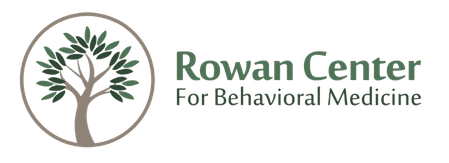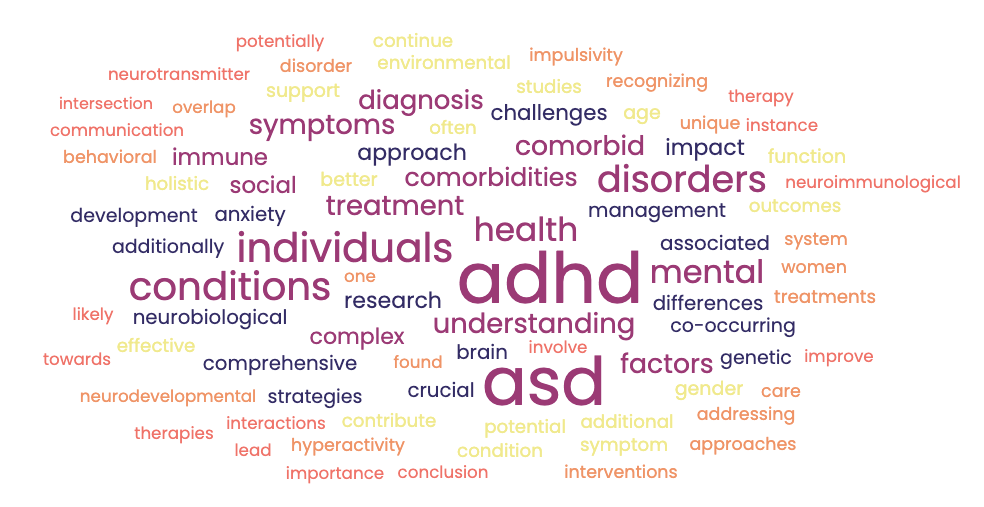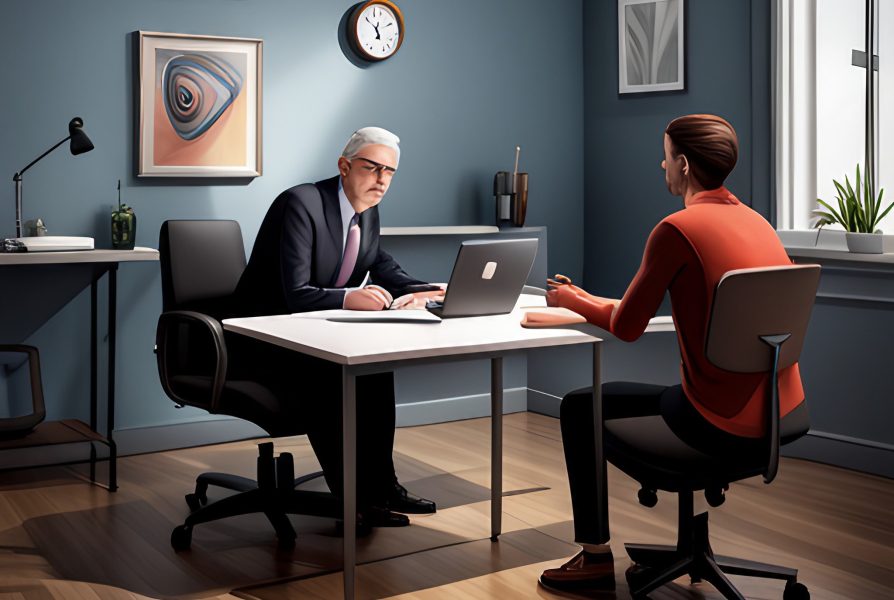In my last post, I wrote about how to identify and understand your core beliefs. As a refresher, core beliefs are those underlying ideas that we have about ourselves, the world, and others. In some cases, these beliefs help us to get our needs met and make us feel good about ourselves. However, in some cases they can lead to feelings of anxiety and depression when they indicate that the world is dangerous or that we are unworthy or helpless.
In the case of negative core beliefs, we want to begin to examine and change those thoughts that are causing us problems. Changing core beliefs allows us to improve how we feel in our own skin and in the world around us.
Ways to Change Your Core Beliefs
There are several approaches that you can take to change your core beliefs. One important way to help you think in a new way is to look for the facts that support and negate your negative core beliefs.
One powerful way to chip away at your core negative beliefs is to begin to examine the evidence for and against the automatic thoughts that are associated with the belief. Often, it is easier to find the automatic thoughts so this can make the work a bit more straightforward.
For example, if your belief is that you are a failure and that leads to a thought that, “I never get things right.” Then you can start by looking for evidence for and against that idea that you NEVER get things right. Likely, you will find that sometimes you get things right and sometimes you don’t. If are able to prove to yourself that you are able to get things right then over and over then it will begin to see that sometimes you may fail but there are many times when you do things well; therefore, you are not a failure you are simply a human being that succeeds and fails.
You can also challenge your core beliefs directly. This process works in the same way as challenge your automatic thoughts. However, it often requires you to not only identify your beliefs but to also take a look a the “big picture” of your life.
For example, if you have the core belief that, “My life is stuck” then you would start by looking at ways in which you could make changes in your life and ways that you may not have choices. You might discover that although there may be aspects of your life you can’t change immediately, there are changes that you can make. You may also find that a series of small steps could lead to movement in your life that would help you escape this sense of being stuck. In the end, you are likely to discover that there may be ways in which you are stuck at a given time, but that there are still opportunities to get out of being “stuck.”
Another way to challenge your thinking is by taking another perspective. Many therapists will often ask their patients to think about what they might say if a close friend or family member shared that same thought about themselves. What we find, is that most people are able to be a lot kinder with others and more flexible in their thinking when talking to a friend.
For example, if your best friend told you that s/he was worthless what might you say? My guess is that you would begin to share with that friend all the ways in which they mean something to you and others. You would help them to see their significance and work to reframe that belief. Now think about what it might be like to do that for yourself.
So many people have negative core beliefs about themselves and the world that get in the way of their happiness and ability to reach their full potential. If you find that you are being held back by these underlying thoughts, try some of these techniques to see what a difference it can make to change your thinking and ultimately your core belief system.








